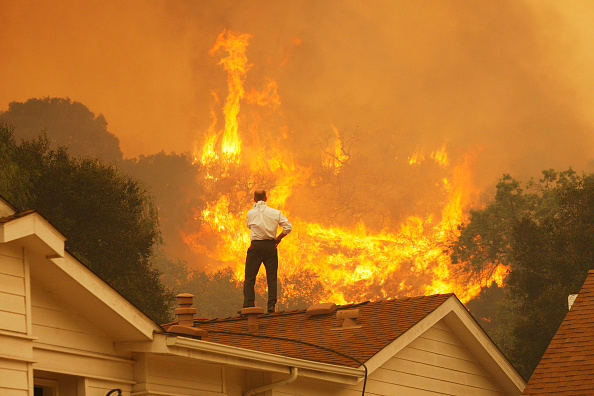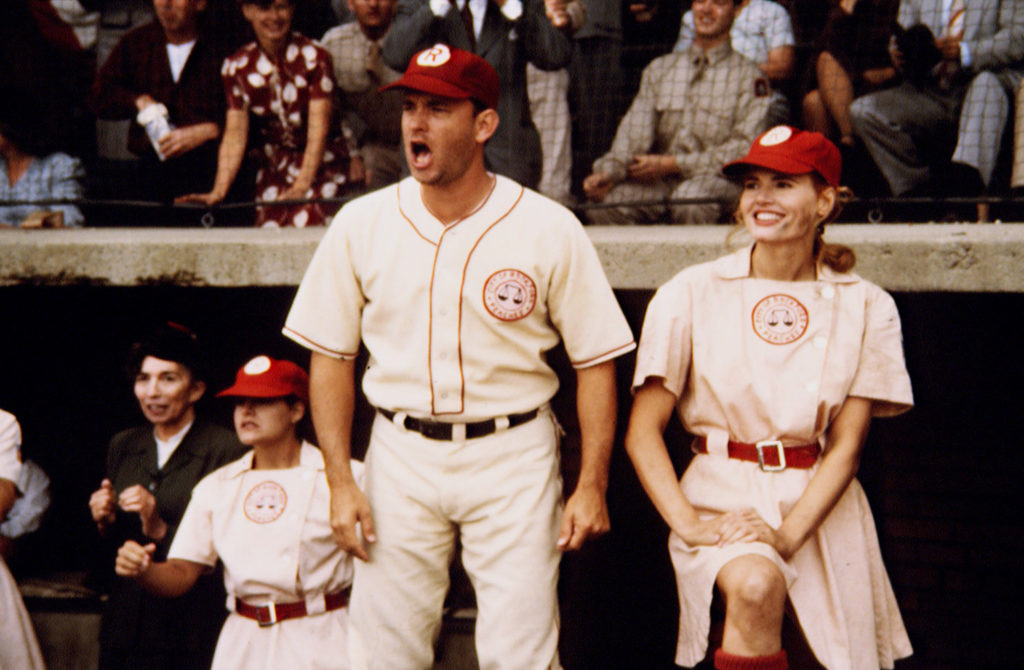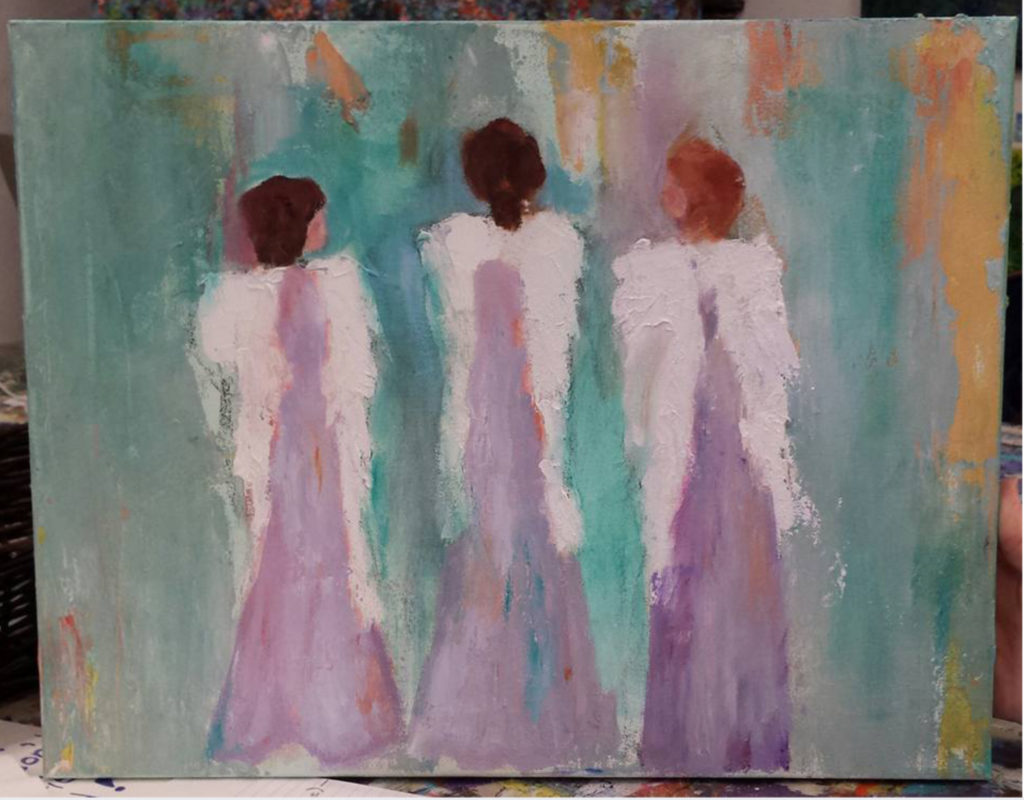Disaster is a graduation point because everything you have achieved is tested by how you survive the crisis.
Perseverance, faith, endurance, and maturity are stretched.

When disaster overwhelms me, I use four lifesavers.
1. Hug the monster
Embracing disasters is the beginning of escape.
“Pain is part of the process. . . From the shedding of blood that initiates birth to the last gasp of astonishment in the face of death, we are encircled in suffering. The biography of a human being is also a history of anguish. The way one reacts to the suffering of life matters more, in creative and human terms, than the suffering itself. We become the people we are through the disadvantages and conflicts we prefer to more comfortable surroundings.” Anthony T. Padovano
How can embracing disaster lead to escape?
Leaning into catastrophe is a form of acceptance that meets disaster head-on, clarifying the next step.
Running away only produces more pain.
2. Make disaster a pathway to greatness
Karoly Takacs was a world-class pistol shooter. Hopes were sky-high for the 1936 Summer Olympics.
But, he was disqualified by a little-known rule that commissioned officers could not compete.
Four years later, in 1940, a hand grenade exploded in his right shooting hand.
Karoly Takacs . . .
- suffers great pain in the hospital for a month
- loses the use of his right hand
- begins shooting with his left hand
Karoly had to redefine his skills left-handed.

Then, he waited eight more years as the next two Olympic games were canceled.
In 1948, Karoly split the bull’s eye repeatedly, winning Olympic gold in the 25-meter rapid-fire pistol (60 shots) in London.
Four years later, in 1952, he won gold again at Helsinki.
Disaster motivated Karoly Takacs toward greatness.
3. Make tragedy fruitful
What could be more disastrous than the tragedies of WWII?
While the men were off fighting, women worked in factories, raised children, and, yes, even saved America’s great pastime of professional baseball.
The 1992 movie, “A League of Their Own,” starring Tom Hanks and Geena Davis, portrayed the sacrifice and endurance of the women who played in the All-American Girls Professional Baseball League.

When one of the Rockford Peaches whimpers that the game is “too hard,” the alcoholic manager, Tom Hanks, replies, “The hard is what makes it great.”
4. Disaster: “How can I use this?”
In 2015, my wife, Judy, simply asked the question that overcomes disaster, “How can I use this?”
She survived back pain by polishing her art skills.
She had no idea how her pain would be used to aid the significant loss of a high school art teacher.
After Judy put the finishing touches on an oil called “Three Angels,” she displayed it at the 211 Gallery in Athens, TX.

The gallery director called Judy and said, “Your painting sold to the high school art teacher!”
The three angels remind the art teacher of how she and her two sisters survived the death of their beloved mother. It reminds her of their strength in faith, hope, and love.
What are your favorite lessons for surviving a disaster?
